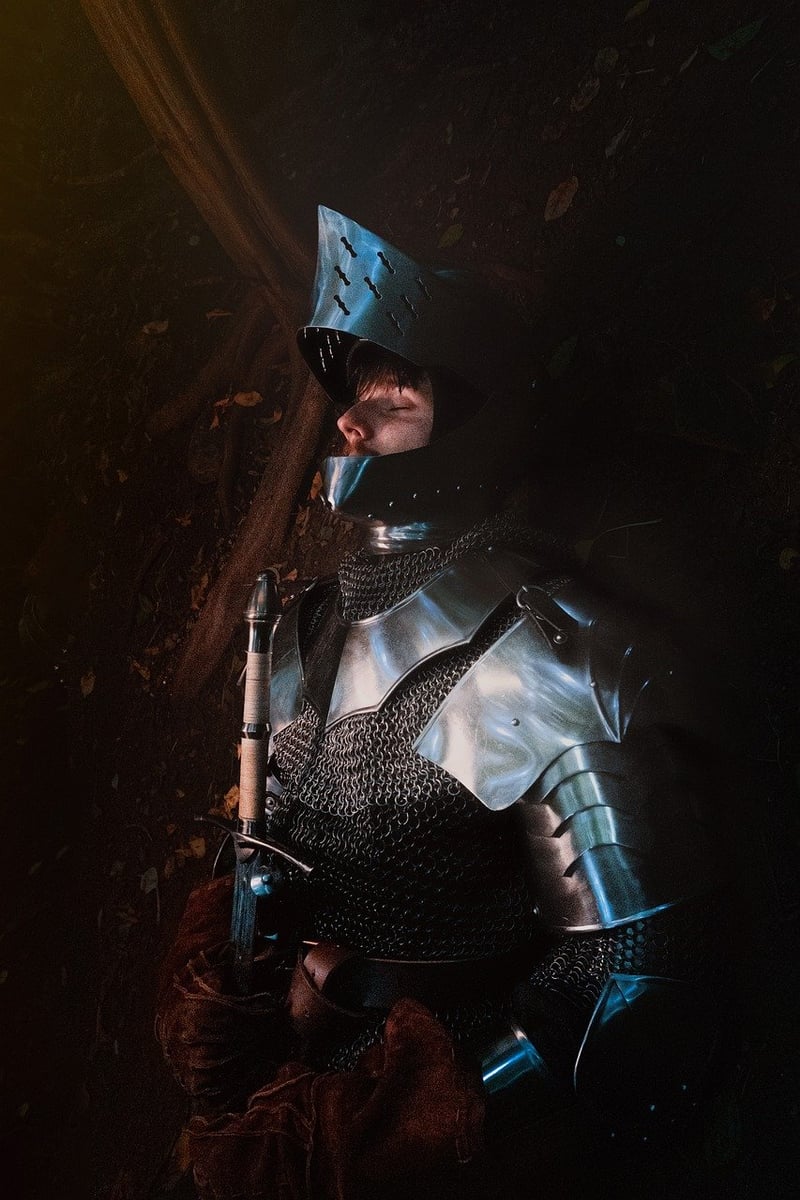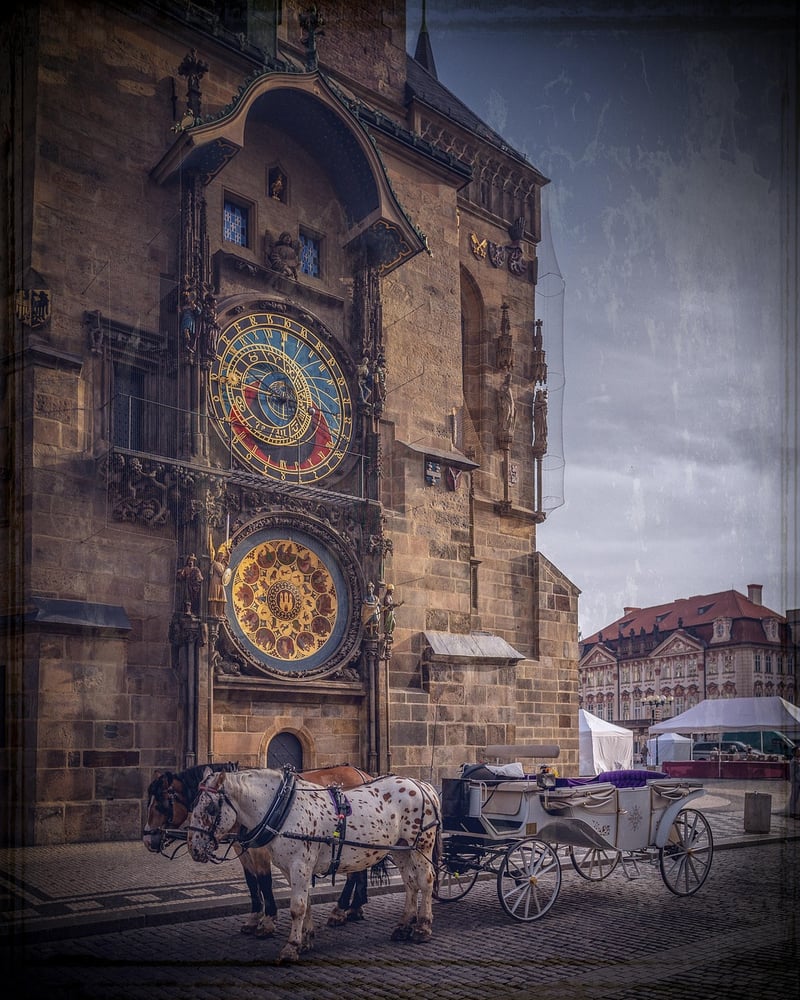Medieval Times
Exploring Different Historical Periods: Medieval Times
Introduction
History is a vast tapestry woven with the threads of different eras, each unique in its customs, traditions, and achievements. One such intriguing period is Medieval Times, characterized by knights, castles, and feudal systems. Let's delve into this fascinating epoch and uncover its mysteries.
The Medieval Period
The Medieval Period, also known as the Middle Ages, spanned roughly from the 5th to the 15th century. It was a time of great change and turmoil, marked by feudalism, the rise of Christianity, and iconic figures such as knights and lords.
Key Aspects of Medieval Times
- Feudal System: Society was structured around the feudal system, where kings granted land to nobles in exchange for loyalty and military service.
- Chivalry: Knights adhered to a code of chivalry, emphasizing virtues like honor, bravery, and loyalty.
- Castles: Majestic castles dominated the landscape, serving as both fortresses and symbols of power.
- Black Death: The devastating plague known as the Black Death ravaged Europe, leading to widespread death and social upheaval.
Notable Figures
Medieval Times were populated by legendary figures whose deeds and exploits are still remembered today:
- King Arthur: The fabled king of Camelot, known for his knights of the Round Table and quest for the Holy Grail.
- Joan of Arc: The courageous French heroine who led her country's forces to victory during the Hundred Years' War.
- Charlemagne: The great Frankish king who united much of Western Europe and was crowned Emperor of the Romans.
Legacy of Medieval Times
The legacy of Medieval Times continues to shape our world today. Elements of chivalry, feudalism, and castle architecture are still evident in modern culture and society.
Conclusion
Exploring Medieval Times offers a glimpse into a bygone era filled with valor, honor, and intrigue. The echoes of knights' clashing swords and the grandeur of towering castles remind us of the enduring legacy of this captivating period in history.

